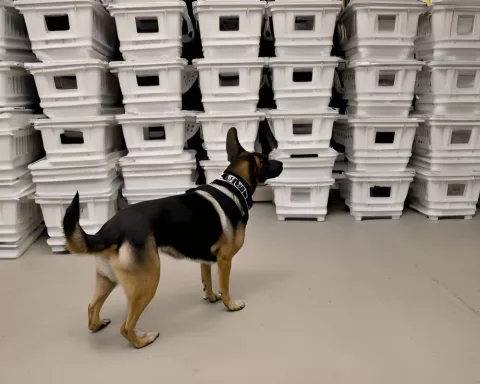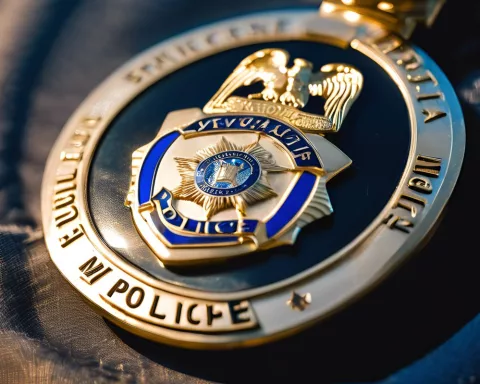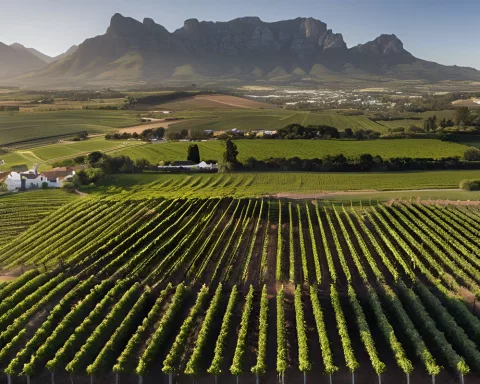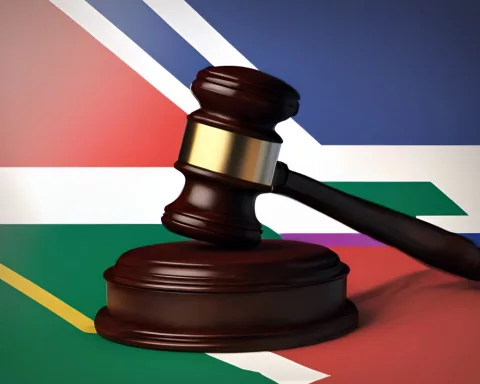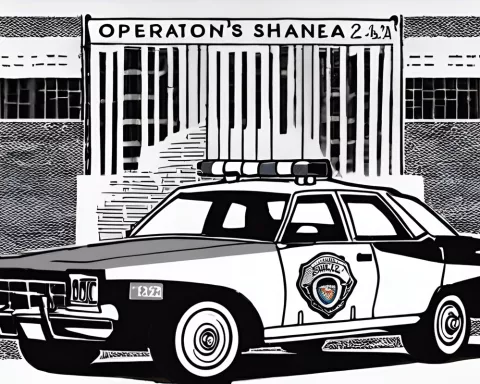The South African Police Service (SAPS) is concerned about outdated videos that are being shared on social media, causing panic and mistrust in the institution. The SAPS is urging citizens to verify the accuracy and recency of the information they share to promote responsible sharing that contributes positively to society. Sharing misinformation can cause fear, suspicion, and mistrust towards essential public services, and being a responsible citizen means being mindful of the impact of the information we share.
The Challenge of Outdated Videos: South African Police Service Takes a Stand
The South African Police Service (SAPS) has expressed its concern over the spread of outdated videos portraying the police force in a negative light. Such videos, although dated, are being circulated as if they represent recent events, causing public panic and a lack of faith in an institution whose primary responsibility is to ensure law and order. The SAPS encourages citizens to verify the accuracy and recency of the information they share, promoting responsible sharing that contributes positively to society.
The swift dissemination of information in the digital era is a double-edged sword. While instant access to information has its advantages, it can become a stumbling block when the information is distorted, outdated or misrepresented. This has been highlighted recently by the South African Police Service (SAPS), which has voiced its concerns over the spread of outdated videos.
The SAPS has been grappling with a surge of old videos, shared on social platforms, depicting the police force in a negative light. The worrisome aspect is that these videos, although dated, are being circulated as if they represent recent events. Such misuse of outdated visuals can result in public panic, disorder and a lack of faith in an institution whose primary responsibility is to ensure law and order.
A specific video that has garnered significant attention shows two flaming SAPS vehicles and an ambulance. The video does indeed show a real incident, but it’s not a recent one. The event took place over a year ago, in April 2020, in Boikhutso, Lichtenburg, during a community protest.
The Consequences of Misinformation
The issue with the above-mentioned video lies in the absence of a timestamp and an accurate description. This absence creates a distorted view of the actual events, causing viewers to mistakenly perceive it as a recent incident. This twisted perception stirs up unnecessary alarm and casts doubt on the efforts of the SAPS in maintaining public safety.
Another troubling video depicts SAPS members under attack by a crowd in Sunnyside, Pretoria. Despite causing a stir, this incident also isn’t recent. It happened in 2019 when the police were tracing suspects for drug dealing. Even though a suspect was indeed arrested in connection with the assault on the officers, the recirculation of this video without the correct context fosters a climate of apprehension and animosity.
Sharing such videos without correct context or timestamp doesn’t just spread misinformation. It also promotes a culture of fear, suspicion, and mistrust towards an essential public service. The SAPS, through its official statement, seeks to enlighten the public on the ramifications of such injudicious sharing.
The SAPS’s Call for Responsible Behaviour
In its laudable effort to protect the public, the SAPS continues to promote the sharing of videos that assist in combating crime rather than those that propagate unnecessary panic and confusion. This appeal is not an infringement on freedom of speech but a plea for responsible conduct. It encourages citizens to verify that the information they disseminate is accurate, up-to-date, and beneficial to society.
Our digital age necessitates a more prudent and discerning approach to the information we consume and disseminate. In the wake of the SAPS’s recent statement, it is crucial for citizens to comprehend the effects of their online activities, particularly when these have the potential to damage public sentiment and trust.
In a world where every individual has the potential to become a broadcaster, it is crucial to be mindful of the responsibilities that accompany this capability. Neglecting to do so can stir up needless panic, confusion and erode trust in essential institutions. Responsible sharing of information is not merely a moral duty but a social obligation that contributes positively to our society instead of instigating fear and discord.
The Power and Responsibility of Information Sharing
While it may be tempting to click ‘share’ on every sensational video, it’s crucial to first verify the content and contemplate its potential impact. A responsible citizen, akin to a responsible police service, strives to foster trust, stability, and safety within the community.
Ultimately, an informed, responsible society is the best defense against misinformation, fear, and mistrust. The stand taken by the SAPS constitutes more than just a statement or a request—it’s a call for society to take responsibility for the information they share. This, in essence, is a stride towards a safer, more secure society.
1. What is the South African Police Service (SAPS) concerned about?
The SAPS is concerned about outdated videos being shared on social media, causing panic and mistrust towards the institution.
2. What is the SAPS urging citizens to do?
The SAPS is urging citizens to verify the accuracy and recency of the information they share to promote responsible sharing that contributes positively to society.
3. What are the consequences of sharing misinformation?
Sharing misinformation can cause fear, suspicion, and mistrust towards essential public services, eroding trust in essential institutions.
4. What is the SAPS call for responsible behaviour in regards to information sharing?
The SAPS continues to promote the sharing of videos that assist in combating crime rather than those that propagate unnecessary panic and confusion, and appeals for responsible conduct from citizens.
5. What is the responsibility of individuals in regards to information sharing?
Individuals have the responsibility to verify the content and contemplate its potential impact before sharing, striving to foster trust, stability, and safety within the community.
6. What is the SAPS’s stand on information sharing?
The SAPS’s stand on information sharing is more than just a statement or a request—it’s a call for society to take responsibility for the information they share, which is a stride towards a safer, more secure society.


